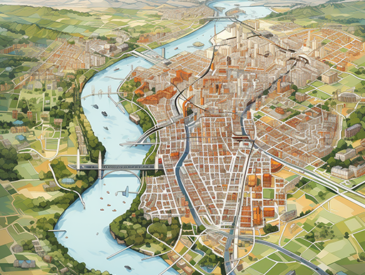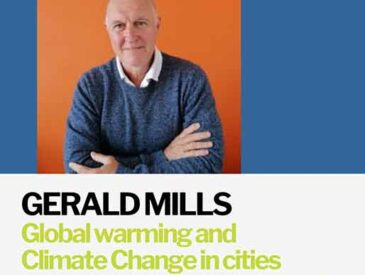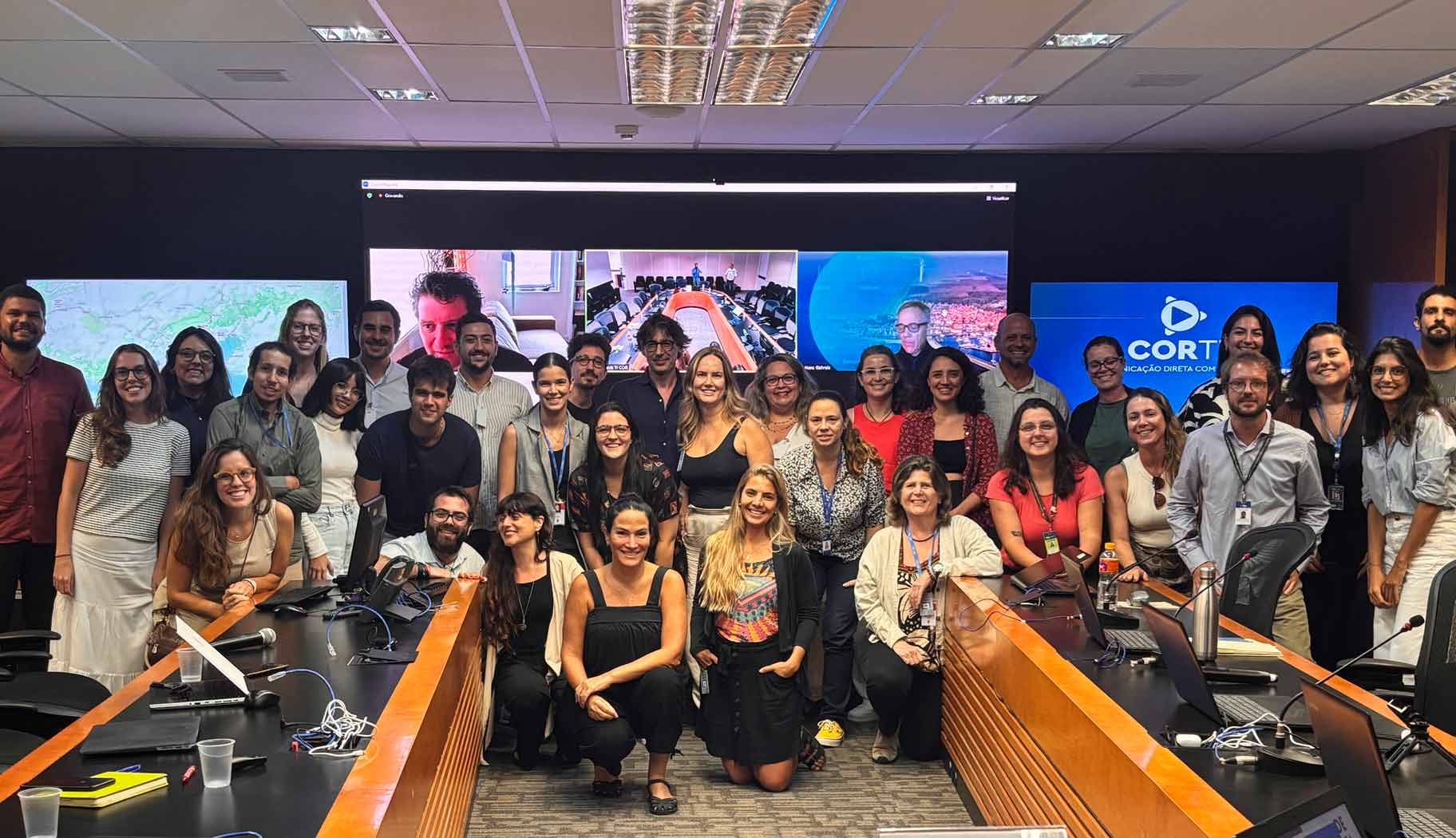Cities have often been perceived as sources of overwhelming challenges, places that cannot sustain themselves, rife with political volatility, economic fragility, environmental degradation, and social inequities. They are frequently described as hubs of pollution, overcrowding, and disease, where immense wealth exists alongside dire poverty. However, as Aromar Revi, a globally renowned expert on sustainable urbanization, highlights, this narrative overlooks the transformative potential of cities.
Aromar Revi is the founding Director of the Indian Institute for Human Settlements (IIHS), a prospective Institution of Eminence and interdisciplinary university in India focused on urbanization and sustainable development. With nearly 40 years of interdisciplinary experience, he is a thought leader in public policy, governance, and sustainable development. Revi played a pivotal role in the global campaign to establish Sustainable Development Goal 11 (SDG 11) on sustainable cities and communities, shaping urbanization as a core part of the UN’s 2030 Agenda.
He has served on international commissions addressing water, climate change, disaster risk, and sustainable development, including as a Coordinating Lead Author of the IPCC’s influential reports on climate resilience and urban areas.
Urbanization, rather than being an insurmountable problem, offers a unique opportunity in the 21st century to address global issues. Cities can become powerful engines for eradicating poverty, fostering inclusive development, and propelling prosperity. By rethinking and reshaping how cities are planned, governed, and sustained, they can evolve into beacons of sustainable progress.
Aromar Revi’s vision emphasizes that urban spaces are not merely challenges to be managed but critical platforms for innovation and resilience, offering pathways to a more equitable and sustainable future for all.





